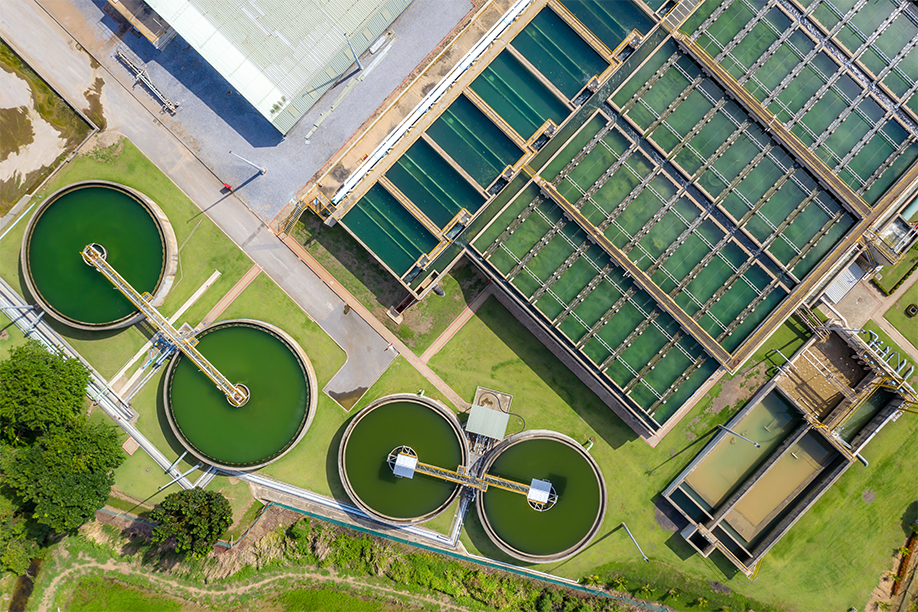


Jan 20
When it comes to water consumption, wastewater is often overlooked. We often think of wastewater as something to be avoided at all costs, viewing it as a dirty and dangerous liquid. Yet, in reality, wastewater can be a valuable resource that benefits our communities and environments. It can be used for agriculture, irrigation, and now even for drinking! In this blog, we will discuss the benefits of utilizing wastewater and its advantages and how to get started drinking it. So, let’s get into it!
Wastewater is water that has been used and then goes down the drain. It includes water from toilets, sinks, showers, and storm drains. This wastewater is treated in a treatment facility so it can be reused in other ways. While it still contains various elements that make it unfit for human consumption in its raw form, it can still be used in various ways.
Wastewater can have incredible benefits for both our health and our environment. Utilizing wastewater can reduce the amount of drinkable water needed and can help conserve existing natural resources. Wastewater is also often much cheaper than clean water, as it requires much less energy to process. Additionally, wastewater can be used to reduce the risk of flooding since it can fill reservoirs and help prevent potential overflows.
From a health perspective, wastewater provides safe drinking water. In many parts of the world, clean drinking water is not available. In many developing countries, access to clean water is limited and expensive. That is why wastewater can provide a safe and reliable source of drinking water. Additionally, wastewater can be used in agriculture to help provide safe and healthy food to those without access to other sources.
From an environmental perspective, wastewater is beneficial. Wastewater can conserve natural resources by providing a cheaper and more efficient way to access water. It can also help reduce the amount of pollution released into the environment since it is already processed and filtered. This reduces the need to produce extra clean water.
From an economic standpoint, wastewater can help reduce costs. It provides cheaper water resources and decreases the need to buy clean water. This can help conserve resources and reduce energy costs, as producing clean drinking water from wastewater requires much less energy than producing clean drinking water from a natural source.


If you’re interested in drinking wastewater, the first step is finding a wastewater treatment facility near you. These facilities take the raw waste materials from your home and treat them to make the water safe for drinking. Once you’ve found a plant nearby, you can contact them for information about their process and the water quality that they can produce.
Once you have a source for treated wastewater, you’ll need to ensure that you’re filtering it. Many stores offer systems designed for drinking wastewater, which will filter out contaminants, minerals, and other pollutants that may be present in the water. Once you have a high-quality filter and a trustworthy wastewater source, you’re ready to start drinking wastewater! If you are interested in finding water treatment plants near you, then you can visit H2O Bazaar.
Wastewater may not seem like a desirable option intially, but it is a valuable resource. It has the potential to provide safe and healthy drinking water, reduce costs, and conserve natural resources. If you’re looking to get started drinking wastewater, the first step is finding a quality wastewater treatment facility and then ensuring that you have a good filtering system in place.
You can do this by visiting H2O Bazaar, there you can find the best list of wastewater treatment plants in India, along with other products such as water softeners for home. With the right setup, you can safely reap all the benefits of wastewater!